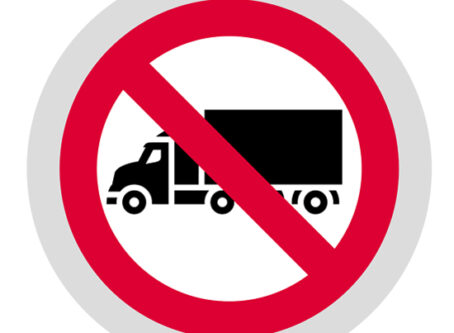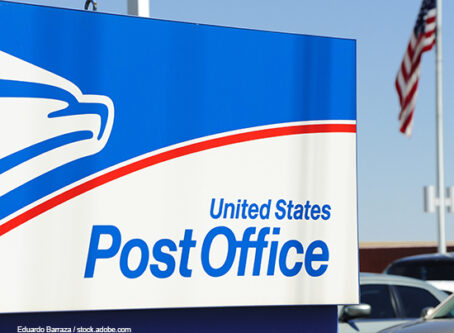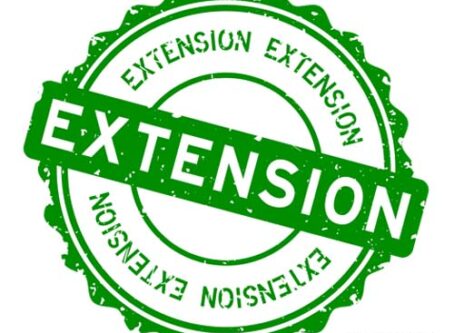Washington state nears passage of restroom access bill
A Washington state bill intended to give truck drivers operating in the state assurances for restroom access continues to move through the statehouse.
The Washington Trucking Associations, the Owner-Operator Independent Drivers Association, and the American Trucking Associations have worked together in the state to educate legislators about the need for truck drivers to have restroom access.
The Senate Ways and Means Committee voted Monday, April 3, to advance a bill that would require shippers and consignees to make restrooms available for truck drivers.
The bill, HB1457, defines a consignee as a business or person who takes delivery of property from a motor carrier in interstate or intrastate commerce.
Committee passage this week clears the way for the bill to soon move to the Senate floor. If approved there, it would head to the governor’s desk. House lawmakers already approved it by unanimous consent.
Restroom rules approved a year ago
Gov. Jay Inslee signed into law one year ago a bill to require terminal operators to provide “a sufficient number of restrooms” for use by drayage truckers in areas of the terminal that operators typically have access. Areas covered in the rule include inside the gate and truck queuing lots.
Restrooms could include fixed bathrooms or portable toilets.
Terminal operators are deemed in compliance with the rule once a policy is in place to allow drayage truckers to leave their vehicles at “reasonable times and locations” for purposes of access to restrooms.
Facilities must be in areas where access would not pose an “obvious health or safety risk” to the user.
Drayage truck operators accessing the terminal for the purpose of loading, unloading, or transporting cargo are covered by the rule.
At the time, OOIDA asked legislators to add language that would include shippers and receivers in the requirement for providing restroom access. Despite the Association’s efforts, the language was not included in the final version.
Expanded application moves forward
Rep. Eric Robertson, R-Sumner, is behind the bill that revisits the 1-year-old law. HB1457 includes shippers and consignees in the restroom access requirement.
OOIDA Executive Vice President Lewie Pugh says the bill covers a daily dilemma for truck drivers.
“Using a restroom is about the most basic thing that any person could ask for during their workday,” Pugh wrote in a recent letter to legislative leaders. “But, unbelievably, professional drivers are frequently denied restroom access when they are picking up or delivering cargo.”
During normal business hours, shippers or consignees would be required to allow restroom access to a motor carrier delivering goods to or picking up goods.
Restrooms in the bill are defined as being intended for use by customers or employees of the shippers or consignees.
Two conditions are included:
- The restroom must be in an area where providing access would not create an obvious health or safety risk to the user, and
- Allowing the user to access the restroom does not pose an obvious security, health, or safety risk to the shipper, consignee, or its employees.
A shipper or consignee would be allowed to have an employee accompany a motor carrier to the restroom.
The Washington State Department of Health would be responsible for enforcement.
Shippers or consignees that fail to follow the rule could face $125 fines when the violation occurs after a notice of correction is received.
Jeff DeVere of the Washington Trucking Association recently told a Senate committee that HB1457 is a follow-up to HB1706 from one year ago. He adds the primary reason for HB1457 is reasonable access, not enf
“HB1706 was narrowly focused to require restroom access pertaining to ports and drayage drivers,” DeVere told the Senate Labor and Commerce Committee. “Unfortunately, our drivers are still having access issues in other locations. So, we came up with this bill that doesn’t create a new requirement for folks to have a bathroom, but just requires businesses to allow reasonable access. The primary reason for the bill is about access, not about enforcement.”
Pugh has said HB1457 gives the state an opportunity to take the lead nationally on the issue and encourage other states to act. LL









